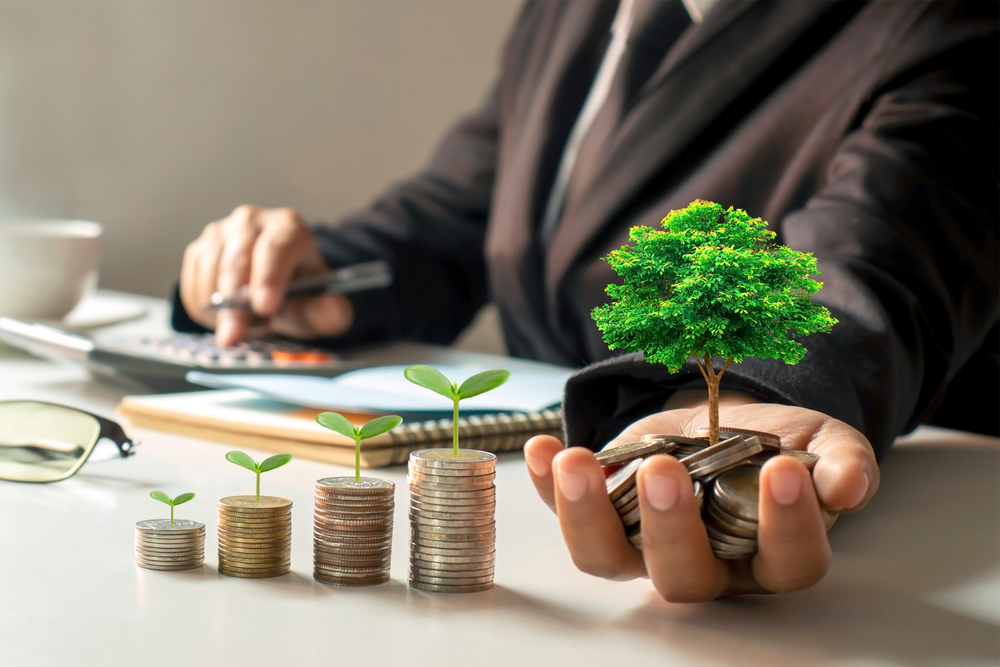Green and sustainable finance are mobilising capital for a low-carbon economy
Different Southeast Asian countries are catalysing investments for environmental impact and economic growth

Green finance and sustainable finance are financial activities that promote a low-carbon, sustainable economy while addressing global challenges like climate change. Sustainable education site Chartered Banker noted green finance funds projects that have positive environmental impacts, such as reducing emissions and promoting renewable energy. Sustainable finance incorporates environmental, social, and governance factors into investment decisions to drive long-term economic growth, social outcomes, and environmental sustainability.
Both types of finance mobilise capital toward activities that promote sustainability and reduce negative environmental impacts. By redirecting investments to environmentally friendly projects and integrating sustainability factors, these approaches help combat climate change, protect ecosystems, and foster a sustainable global economy. Both are being utilised in different ways by different countries in order to reach their sustainable goals.
India, a major greenhouse gas emitter, requires over USD10 trillion to achieve net-zero emissions by 2070. According to Business Insider India, green finance, which funds environmentally beneficial projects, is gaining momentum as sustainability becomes a national priority. Various forms of green finance, such as loans, bonds, and equity investments, are emerging in the country.
Related: Circular economy stays essential in the face of climate emergency
International banks offer favourable terms for green loans, while investors buy green bonds and fund sustainable startups. Private sector companies recognize the potential for long-term returns and positive environmental impact. The government is facilitating green investments through measures like increased foreign direct investment in renewable energy. As reporting norms and investor confidence improve, the green finance market is expected to expand, driving India’s transition to a net-zero economy.
The Asian Development Bank (ADB) reported that ASEAN countries, including Thailand, require approximately USD200 billion in annual investments for green projects in response to climate change. Building a sustainable finance ecosystem is crucial to mobilise capital at scale.
The development of policies and guidelines by regulatory bodies, the introduction of sustainable financial products like green and social bonds, and raising investor awareness on environmental, social, and governance (ESG) factors are key factors in ecosystem development. Partnerships with international institutions like ADB and the Climate Bond Initiative have helped strengthen the ecosystem, providing technical support and frameworks for local green bond verifiers and social bond issuers.
The Property Report editors wrote this article. For more information, email: [email protected].
Recommended
6 green real estate projects reshaping Asia’s future
Developers are being incentivised to push a green agenda into daring new realms
ARES White Paper Volume 3: The era of adaptive reinvention
Pioneering sustainable and innovative practices in urban development
ARES White Paper Volume 2: Unravelling the power of data revolution in real estate
Insights on proptech, smart cities, and sustainable development
ARES Digital White Paper Volume 1: The fundamentals of responsible building
Green and climate heroes join forces to discuss how Asia Pacific can weather the current environmental crises and the looming effects of climate change






